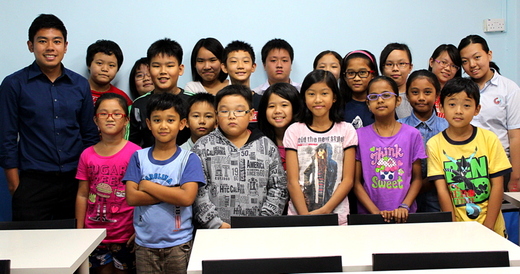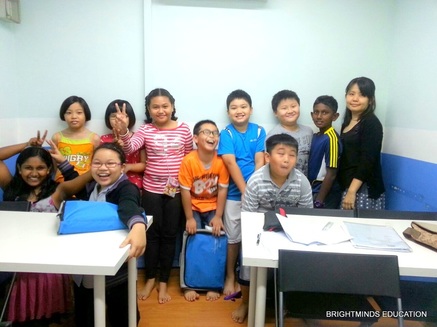|
Step 1: Manage Time Like a Pro Exams can be fast, but don't rush! Practice solving problems quickly so you can manage your time. Leave a bit at the end to look over your work and fix any mistakes. You'll get better and quicker with practice.
Step 2: Write Neatly and Clearly Your writing matters! When you solve problems, write each step neatly. Label your pictures and numbers so they don't get mixed up. Clear writing helps you catch mistakes and understand better. Step 3: Check, Check, Check! Before you hand in your paper, take a moment to check your work. Look over your steps, and then read the problem and your answer. Triple-checking helps you find and fix any mistakes. Meet BrightMinds Education at Woodlands North Plaza: If you want extra help to do your best, visit BrightMinds Education in Woodlands. They have super teachers and lots of fun ways to learn. They'll help you understand tough stuff and get ready for your exams. Conclusion: Don't let silly mistakes bring you down in your Math PSLE exams! Follow our three simple steps and remember BrightMinds Education for extra help. With practice and support, you'll do great and shine bright in your exams! 1. Foster a positive environment: Create a supportive atmosphere at home and emphasize the importance of a growth mindset, encouraging your child to believe in their ability to improve.
|
AuthorWelcome to BrightMinds Learning Centre! All articles are written by our own team of tutors who have taught for many years. Please call 63633876 if you'd like to find out more about our K1 to S4 tutorial classes. Archives
August 2023
Categories |
To register please call 6363-0180 or WhatsApp 9147-4941







 RSS Feed
RSS Feed
